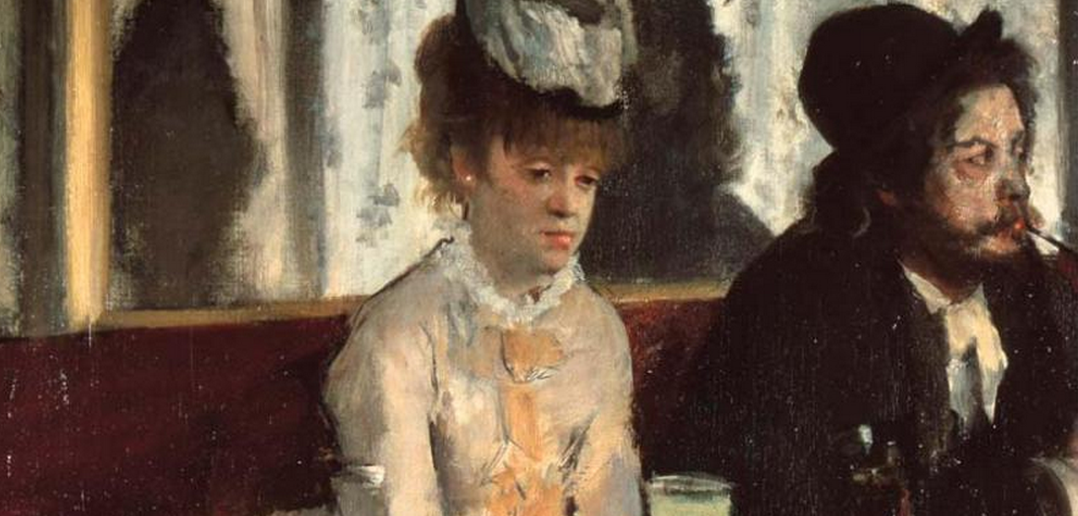
There are times where an important spiritual concept is lost in the marketplace of religious ideas, subdued and modified by pop psychologists and religionists seeking simple solutions rather than lasting challenges. The concept of “acedia,” if mentioned at all, is often grouped with negative emotions, depressive states, and feelings of underachievement. Jean-Charles Nault’s (O.S.B.) The Noonday Devil: Acedia, the Unnamed Evil of our Times attempts to rescue this vital concept. The Abbot of Saint-Wandrille packages his powerful spiritual insights into a relatively short but rich text of great practical use to spiritual novice and expert alike.
Beginning with the valuable and often stark observations of the Desert Fathers, Abbot Nault presents a thorough history of the development thought on the concept of acedia. While the first portion of the book can be a slightly dry read – it is admittedly a portion of an academic thesis – it nevertheless provides valuable background information which should not be skimmed over by those who would wish to benefit from the practical wisdom presented in the second half of the book. Nault continues from the Desert Fathers through the remarks on acedia by thinkers such as Gregory the Great and a significant study of Thomas Aquinas. While the spiritual travails of the Desert Fathers can seem far removed from our modern reality, their observations are shown to be necessary in both defining the particular spiritual aversion and sorrow of acedia while plotting a course towards a modern application. The point of the book, after all, is not to be a historical treatise, but to demonstrate and remedy a significant blind spot in our modern spiritual affairs.
Abbot Nault ultimately places the blame for the near total disappearance of acedia from our spiritual discourse on the shoulders of William of Ockham. Building on Duns Scotus, Ockham’s “liberty of indifference” concept theorized a morally neutral man, therefore rendering the concept of a spiritual sorrow – growing out of a core spiritual reality (what Aquinas called our good “natural inclinations”) – inert. This review of Ockham’s picture of man as naturally indifferent towards moral good and evil is not only useful in discussing acedia, but also as a primer on man’s general holistic dis-integration as later accomplished through enlightenment thought. Here is found what Nault terms the modern nihilism of spiritual neutrality, growing out of the despair of meaninglessness.
After establishing this solid foundation, the second half of Nault’s book proceeds to examine the manifestations of acedia in the modern world, providing direct spiritual guidance to combat such potentially disastrous difficulties in the life of contemporary Christians. Perhaps you know of Christians who – despite presumably leading admirable lives – are addicted to constant change? Or others who seem to think that mediocrity is the norm, and visibly revolt from the idea of personal greatness? Perhaps others are easily distracted from their spiritual goals, or constantly fight with a keening and unrelenting doubt? The long neglected concept of acedia provides valuable insights into all of these nagging defects, while also exposing (in many cases) the root of these afflictions.
Nault discusses the effects of acedia in modern monastic and spiritual life, ultimately arriving at the manifestations of this spiritual torpor in marriage. He writes: “Acedia manifests itself above all as a temptation to infidelity and a lack of trust, which urge the spouse to leave the marital communion.” He specifically discusses how acedia can lie at the root of the disintegration of the marital bond, beginning through a disgust with necessary work and leading to a tacit disavowal (conscious or otherwise) of the sacramental reality of union. Or – as they say – marriages ending not “with a bang, but a fizzle.” It is precisely this slow negative spiritual “fizzle” which emerges from acedia, making it a vital topic of discernment for religious and married alike.
Attentive readers will emerge from Nault’s examination of acedia emboldened with knowledge and hopefully renewed in their vigilance against this “noonday devil.” Stalking like a mid-day funk, often masquerading as boredom or depression, it is precisely the deep reality of acedia which needs naming, analysis, and understanding. As such, Michael J. Miller’s translation of Abbot Nault’s work fills a significant void in the English speaking world, and belongs on the shelf of everyone who would seek thorough spiritual direction.


